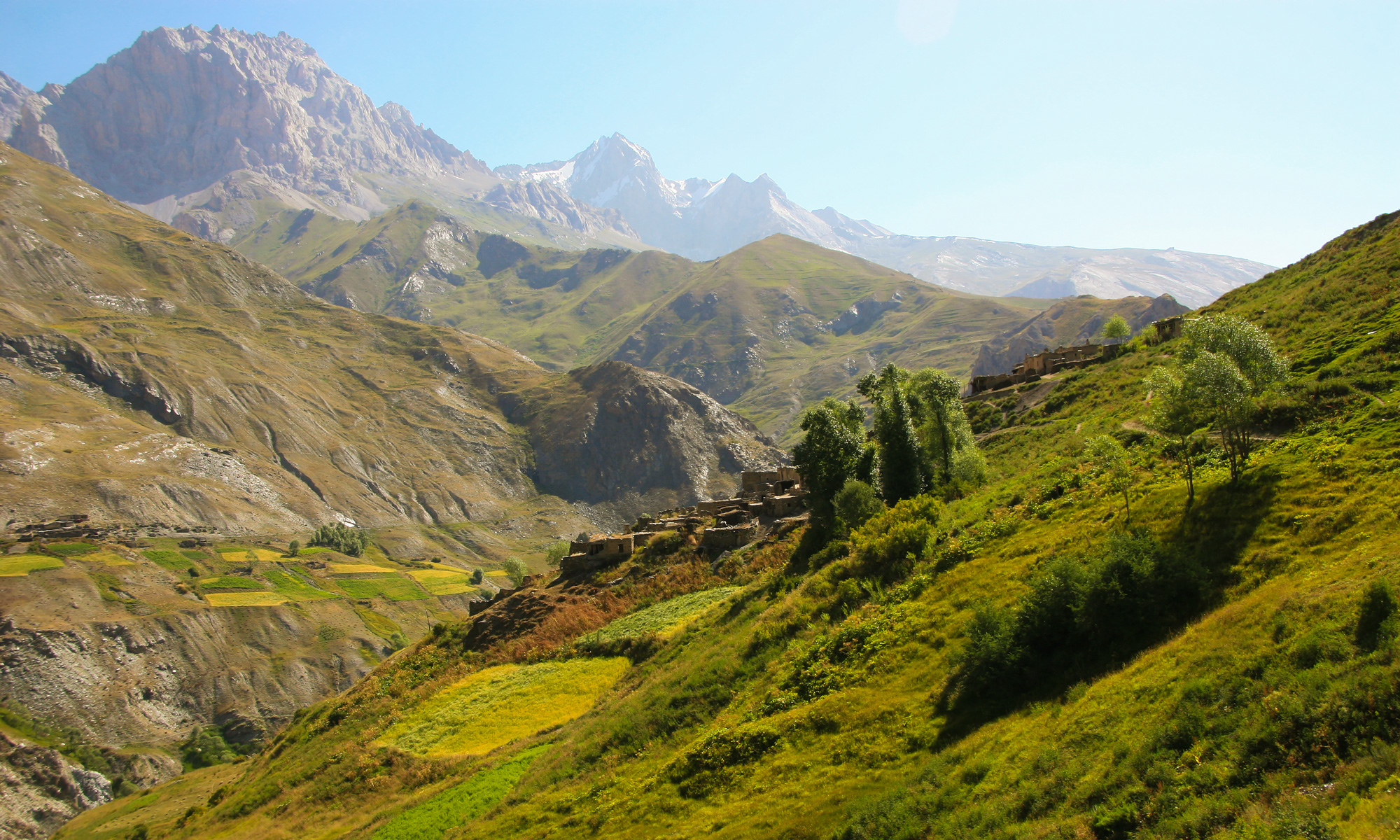“If an individual makes their own decisions, it shows they can take part in the political, economic, and cultural life of society. A person who has a sense of ethics and self-respect, who can express themselves freely, must be intellectually developed and useful to their community.” — Saifiddin, returnee
When Saifiddin speaks, there’s no bitterness in his voice—just a quiet conviction. His farm may be small, but his thoughts stretch wide, beyond the mountains of Yaghnob, to what it means to be human, responsible, and rooted.
Unlike others who return to reclaim land or tradition, Saifiddin came back with a question: What does it mean to contribute meaningfully?
For him, being Yaghnobi today isn’t just about tending sheep or enduring the winters. It’s about sharpening the mind, knowing your history, and being ready to build something better—for yourself and for the people around you. Survival isn’t enough. Passive existence isn’t enough. Usefulness, as he puts it, is what gives life meaning.
In a valley where the road cuts off for months in snow, he dreams of education as the road inward.
“Freedom of expression,” he says, “is tied to the ability to grow intellectually.”
His ideas echo a broader feeling among younger returnees—that personal growth must be part of national and cultural revival.
There are no formal schools in his village yet. But Saifiddin is already teaching by example: showing that returning to Yaghnob is not a retreat from the world, but a deliberate step toward reshaping it.
For him, and for others like him, wisdom is not a luxury — it’s the next kind of livelihood.
